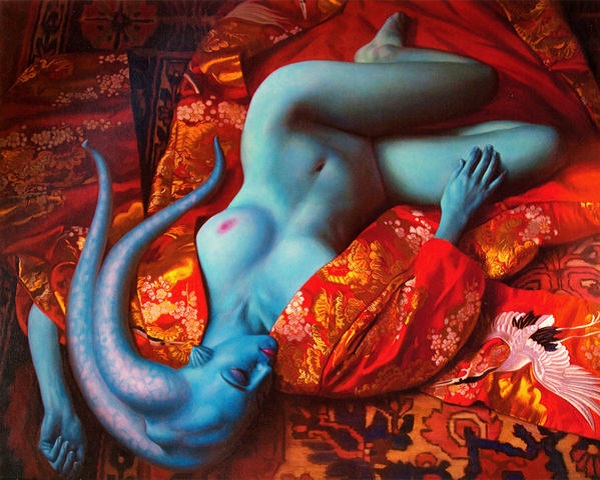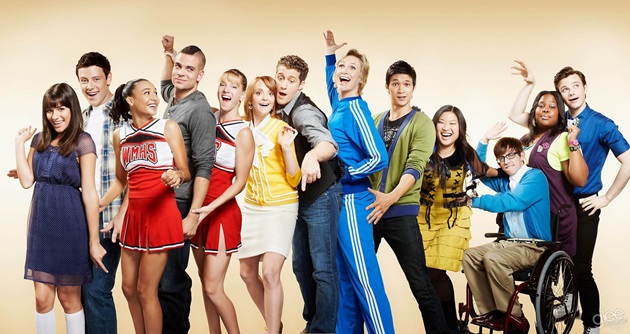
Update – Normally I wouldn’t do this, but it’s dawning on me that my attempt to thread a rhetorical needle here might have given certain people the wrong impression, and I’d rather not become part of the problem. Let me just say, with no ambiguity whatsoever: the controversy surrounding Wookieepedia’s “breast” article is a good thing, and it should remain controversial until something changes. Nobody who is angry about the article is wrong for feeling that way, and I support those people making their voices heard in whatever fashion they deem appropriate. – Mike
So, there was a bit of a kerfuffle last week. Wookieepedia‘s April Fools prank involved featuring its article on breasts on the front page, including the officially-licensed image above (by Evan Wilson, from the book Star Wars Visions) and a crudely-rewritten intro paragraph including all manner of juvenile language. In addition to taking attention away from their main joke (the introduction of a paid “Wookieepedia Pro” service, which was really kind of genius) the breast debacle ended up ripping the scab clean off of one of the site’s most lengthy and entrenched controversies—whether the article should have existed in the first place. Read More



